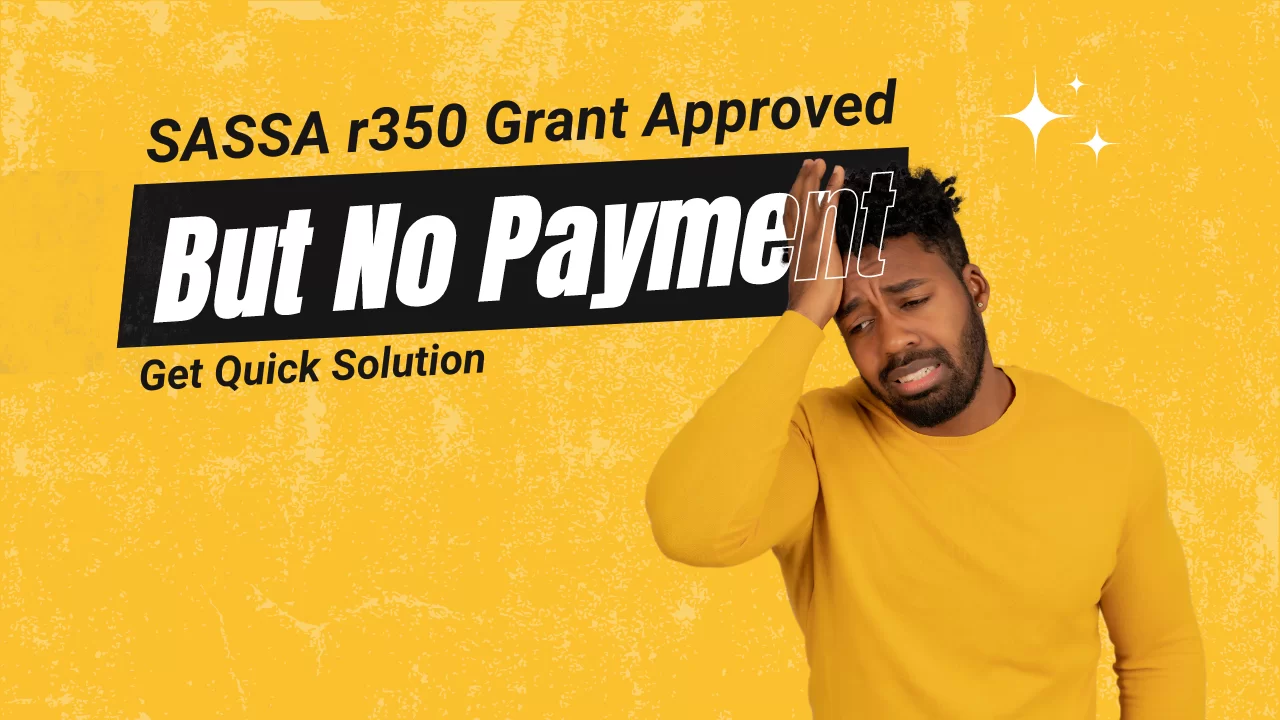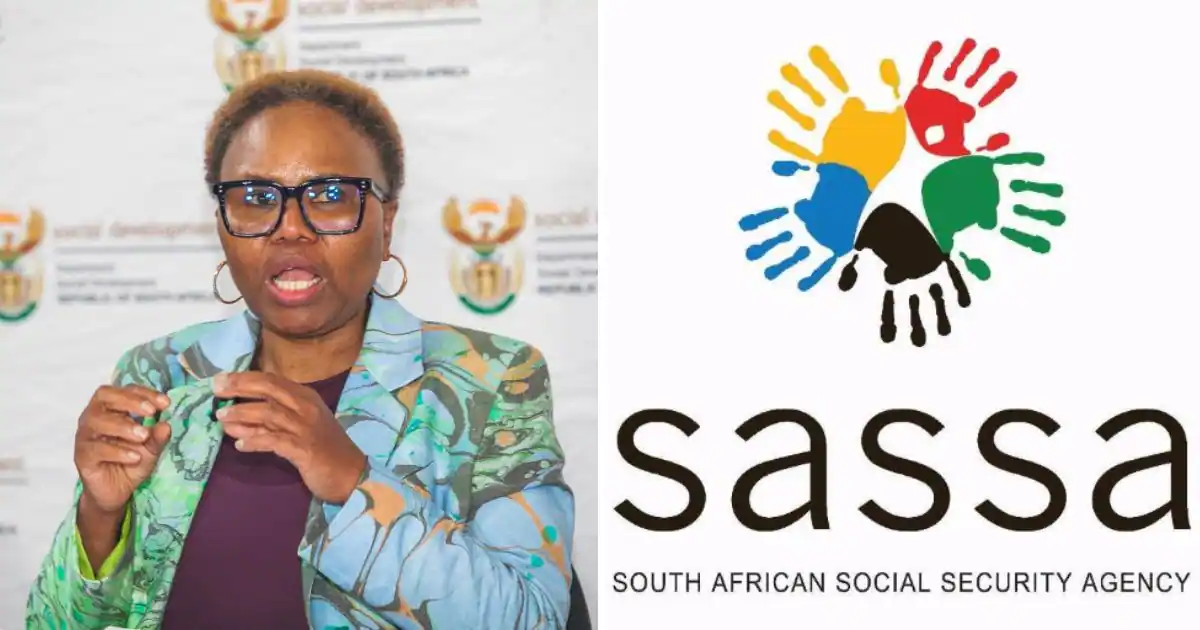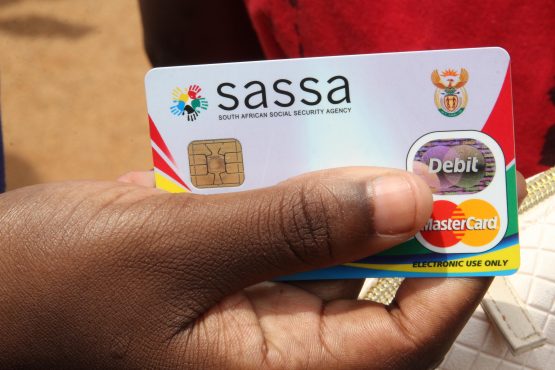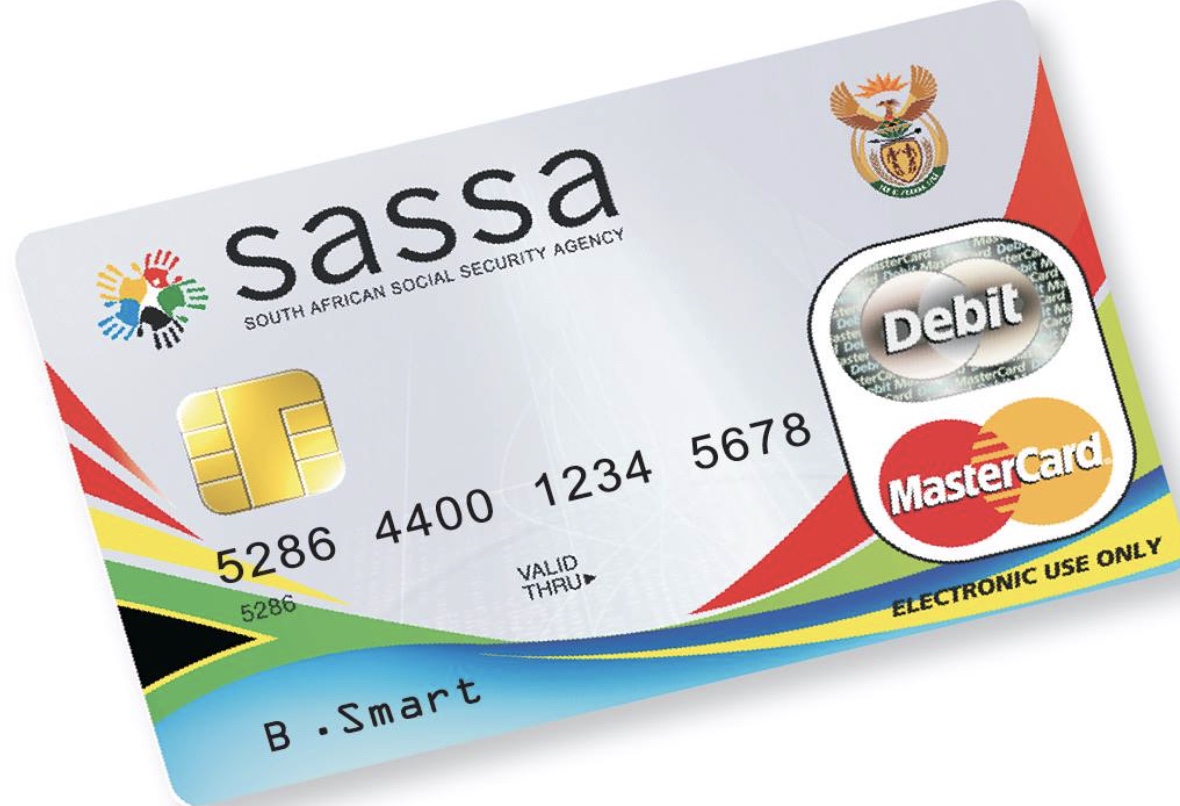Social relief of distress : How To Apply 2023

Applying for social relief of distress serves as a temporary means by which assistance is given to individuals who are in such dire need that they cannot provide for their families’ most basic needs. However, Several factors may contribute to this situation, such as needing aid while awaiting the processing of grants for one’s children, experiencing a crisis or disaster like a house fire, not meeting the requirements for receiving a grant under desperate circumstances, being medically unfit and unable to work for less than six months, struggling to obtain child support from the other parent, facing the loss of the family’s primary earner due to death or imprisonment lasting no longer than six months, or being affected by a disaster that has not yet been officially declared in one’s community.
How to Apply for Social Relief or Distress? Social relief of distress
So, Apply for social relief of distress at the SASSA office closest to you, or online at https://srd.sassa.gov.za/.
Include the following documents with your application:
- your identification card with a 13-digit barcode and your children’s birth certificates.
- If neither your identity document nor your birth certificate is available, a Justice of the Peace-commissioned affidavit will suffice. The affidavit must include a clause stating that providing false or misleading information will result in prosecution under Section 21 of the Social Assistance Act of 2004.
- A sworn statement from a trustworthy individual who knows both the applicant and the child. This could come from a councillor, traditional leader, social worker, or religious minister.
- Evidence that a birth certificate or identity document application has been filed with the Department of Home Affairs.
- a temporary identity document issued by the Department of Home Affairs, if applicable.
- a baptismal certificate.
- A health clinic access card.
- An academic report.
- No application can be processed without the affidavit or sworn statement.
- Lastly, If you lack an identification document and a birth certificate, an affidavit from your local police station, chief, councillor, or religious leader may suffice.
Quick LinkS




